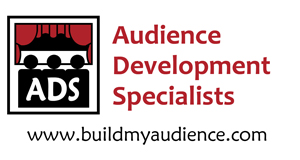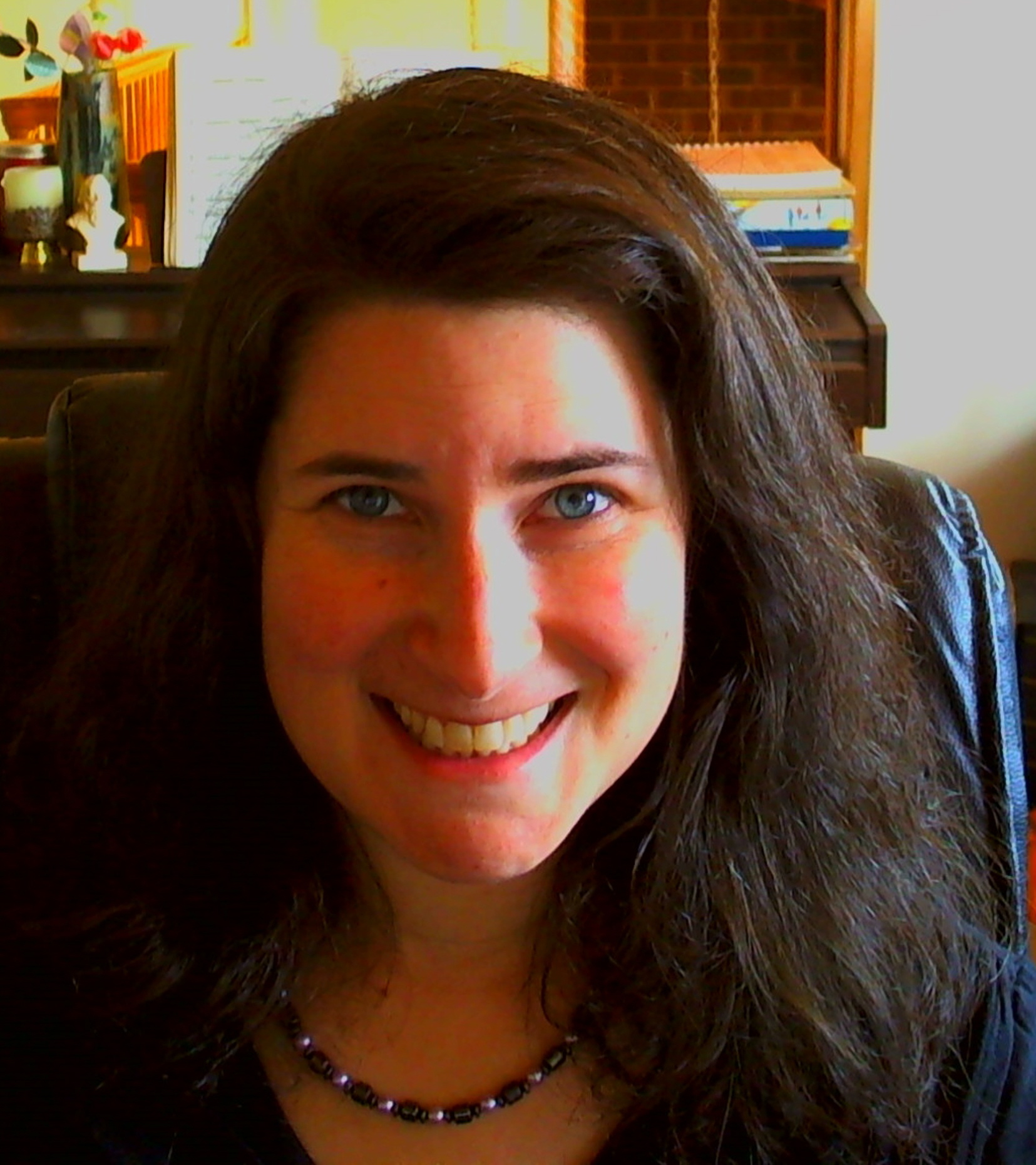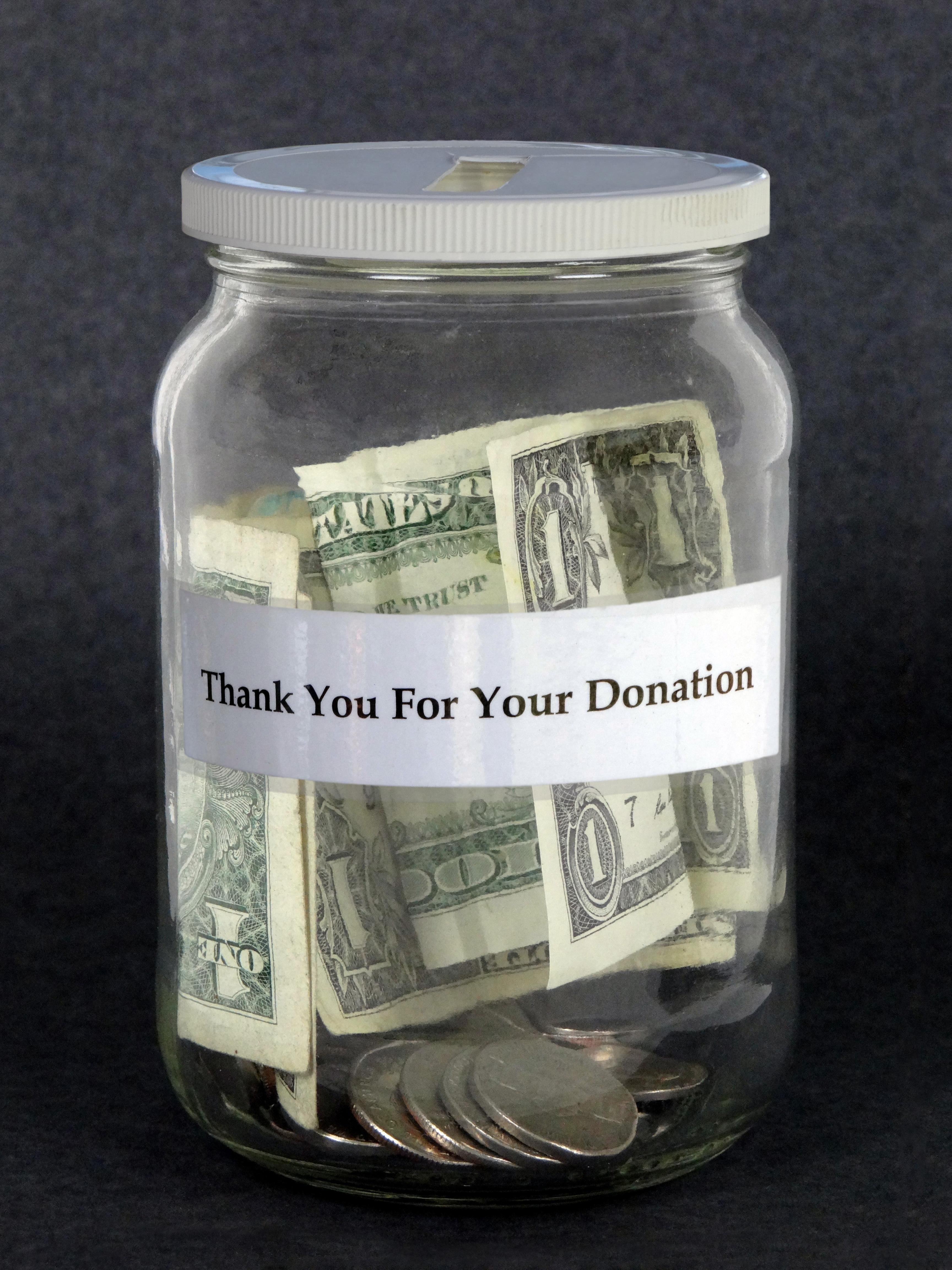Since it is my birthday today, I have a special guest post to share with you. My friend and colleague, Conductor and Composer Stephen P. Brown, is also someone who is constantly thinking about audience development, especially for the classical music sector. He firmly believes that if we make changes to how we communicate and present classical music, making it more accessible, attainable, and attractive to today’s audiences, classical music will thrive again. His latest post caught my attention, and it fits nicely into the collection of “experiments” that are starting to happen in attempts to build new audiences and to create more audience friendly formats. Please enjoy his thoughts on the subject of time commitment for your audiences, a topic we all can think about to make our audiences more comfortable.
***********************************************************************
How to save your audience a mammoth time commitment
Originally posted: March 5, 2015
“Do you have 5½ hours to spare tonight?”
“What for?”
“There’s a cellist playing at the Arts Center and I think her piano accompanist is that guy you like on Hahn’s CD you gave me.”
“5½ hours! What’s on the program, for crying out loud?”
“Oh, just some Vivaldi, Shostakovitch and a new guy. It’s not long. I figured we could meet for dinner – it’s been so long since we’ve been to a concert together.”
“Sounds good. What time, and where?”
That is a typical conversation I have about once a month. Various friends call to invite me to a concert they think I would enjoy, but one in particular always starts off with the same question: “Do you have 5½ hours to spare tonight?”
“Why would he say that?” you wonder…
When our schedules can collide, here is what a typical evening’s itinerary looks like:
- 5:30pm – leave home
- 6:00pm – park car, walk to restaurant
- 6:15pm – arrive at restaurant
- 7:15pm – walk to performing arts center
- 7:30pm – arrive at performing arts center
- 7:45pm – take seats
- 8:10pm – concert begins (never on time in the USA)
- 8:50pm – intermission
- 9:10pm – concert resumes (never on time in the USA)
- 9:40pm – concert finishes
- 10:05pm – arrive at car (entire audience heading for the parking garage)
- 10:30pm – finally exit parking garage
- 11:00pm – arrive home
That’s 5½ hours.
Now consider when I recently went to see the Bayside String Quartet perform at my local library:
- 1:45pm – left home (walked to library)
- 1:55pm – arrive at venue, met friend, took seats
- 2:00pm – concert began (on time – no need to wait for late audience members)
- 3:00pm – concert finished, grabbed crackers and wine, socialized
- 3:20pm – left venue to walk home
- 3:30pm – arrived home
That’s a little over 90 minutes.
You might argue stand-up snacks are not the same as dinner, and there is hardly enough time to socialize, but I was one of the last to leave and as this friend and I see each other often at these smaller local concerts, there was not so much to catch up on! We introduced each other to other people we knew and went on our merry ways.
And what if I decided not to hang around after the concert? I would have been home 15 minutes earlier. 90 minutes instead of 5½ hours.
Think of it this way:
- How often would you attend an affordable event that takes 90 minutes door to door? Once a week, maybe?
- How often would you attend an expensive event that takes 5½ hours door to door? Once a month, maybe?
In our quest to build better societies by re-introducing live classical music back into everyday life, a shorter concert in a smaller local venue is a far more sustainable approach.
Don’t be a hog
Do your audiences a favor and avoid hogging their time – they WILL appreciate it. If folk want to hang around afterwards, that is their prerogative, but be wary and conscious of what kind of payment you are expecting from them.
Be generous with your music.
Don’t expect your audience to be generous with both their money AND their time.
Now it’s your turn
How long do you think a concert should be, and do you think it is better to perform locally more often, or centrally less frequently? Should you always include an intermission? Be as specific as you possibly can so we can bring live music back into everyday life and build better societies.
British American Conductor Composer Stephen P Brown is a two-time Global Music Awards winner, and a creative visionary who helps people share their passion for live music to build better societies. He is Director of the Dunedin Concert Band and Conductor of the Richey Community Orchestra, and on a #PsalmQuest to compose 150 new pieces of music by 2020. spb.buzz/PsalmQuest
**********************************************
Cheers to happy and loyal audiences,
Shoshana
Shoshana Fanizza
Chief Audience Builder, ADS





I love the way he thinks about what audiences value in terms of the whole experience. It’s not only what happens between downbeat and applause. The next question in my mind is part of the bigger issue of changing expectations of our presenters (artists and arts administrators) to what they THINK their audience would like. This post has me thinking about different ways to survey our audiences…. hmmmmm.